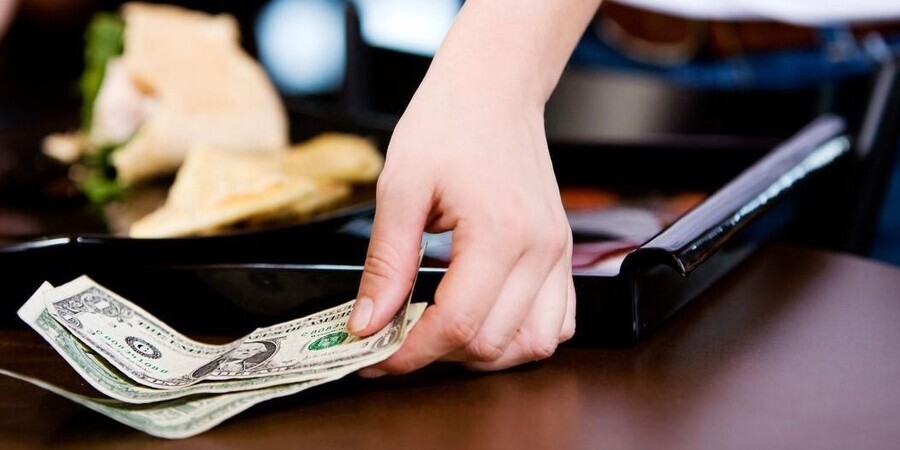Philadelphia, PA - Philadelphia, a city known for its passionate food scene and outspoken opinions, has seen a wave of no-tip restaurants come and go. While the concept of eliminating tipping and paying a living wage seems appealing, these establishments often face an uphill battle in the City of Brotherly Love.
The Promise of No-Tip Dining:
No-tip restaurants aim to address the inherent inequalities and inconsistencies of the traditional tipping system. They promise:
- Fairer wages for all staff: Eliminating reliance on tips ensures kitchen staff and servers receive equitable pay.
- Predictable pricing for diners: Menu prices reflect the true cost of the meal, with no surprises at the end.
- Improved service: Employees are less reliant on individual customer whims and can focus on providing consistent, high-quality service.
The Philly Reality:
Despite these advantages, no-tip restaurants in Philly have often struggled. Here's why:
- Sticker Shock: Even though menu prices incorporate service costs, diners accustomed to lower base prices may perceive them as expensive.
- Tipping Culture: Tipping is deeply ingrained in American dining culture. Many customers feel obligated to tip regardless of policy, leading to confusion and potentially overpaying.
- Competition: Philly's restaurant scene is fiercely competitive. No-tip establishments must compete with traditional restaurants offering lower menu prices, which can be a significant disadvantage.
- Staffing Challenges: Attracting and retaining experienced staff can be difficult when competing with restaurants where servers can potentially earn more through tips.
Case Studies: Girard Brasserie and William Street Common:
- Girard Brasserie and Bruncherie: This Fishtown establishment, opened by Chef Brian Oliveira and Cristian Mora, aimed to provide a living wage and benefits to its staff. Despite initial buzz, the restaurant ultimately closed. Factors like higher menu prices and a location outside the city center may have contributed to its demise.
- William Street Common: This University City spot, owned by Avrim Hornick, also adopted the no-tip model. However, it too eventually closed. The competitive landscape of University City and the challenges of introducing a new dining concept may have played a role.
Has Anyone Succeeded?
While many no-tip restaurants have faltered, some have found success. These tend to be higher-end establishments with established reputations and loyal clientele, where price sensitivity is less of a factor.
The Future of No-Tip Dining in Philly:
Whether the no-tip model can truly thrive in Philly's competitive restaurant scene remains to be seen. Success likely depends on factors like:
- Clear communication: Restaurants must clearly explain their pricing model and its benefits to customers.
- Exceptional food and service: Quality must justify the higher menu prices.
- Strategic location: High-traffic areas with a receptive customer base are crucial.
The conversation around fair wages and equitable compensation in the restaurant industry is ongoing. While the no-tip model may not be a universal solution, it raises important questions about how we value the work of those who serve us.


